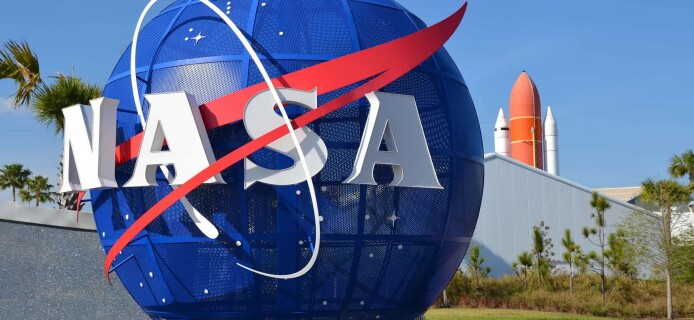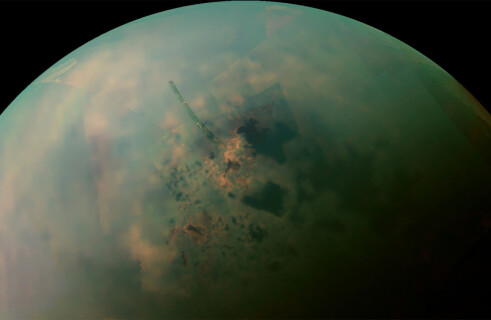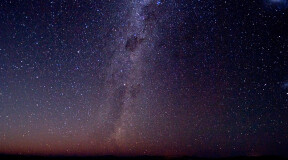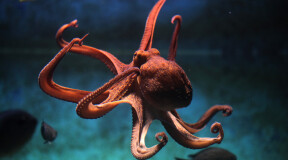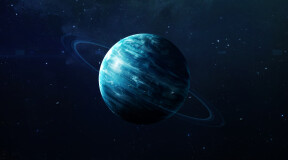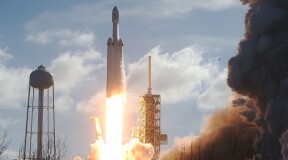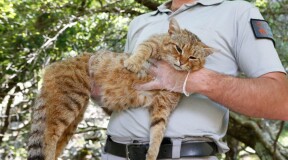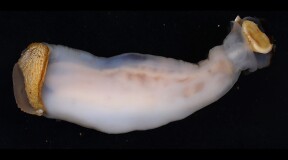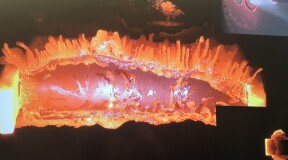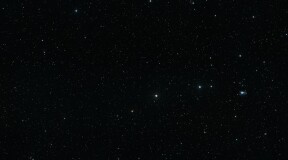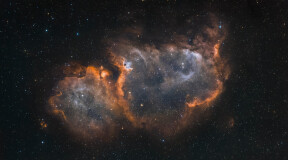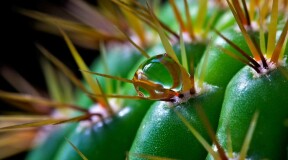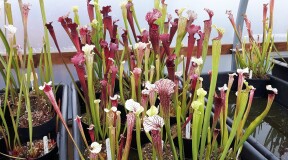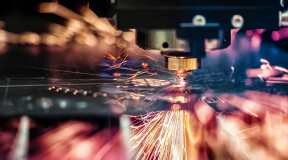-
en

Science & Education - page 15
How our galaxy will be colonized?
New information revealed about octopus nervous system
Scientists Take Thermal Spectrum Pictures of Uranus Rings
SpaceX's Falcon Heavy is on its third flight
Scientists discover a new kind of wildcat
Scientists discover a new kind of worm
Why is the European Space Agency melting satellites?
NASA ‘starshade’ will cover celestial bodies
Making the difficult easy: Everything you need to know about the dark matter of the Universe
Cactus-based plastic created in Mexico
Bon appetit: carnivorous plants can consume vertebrate animals

